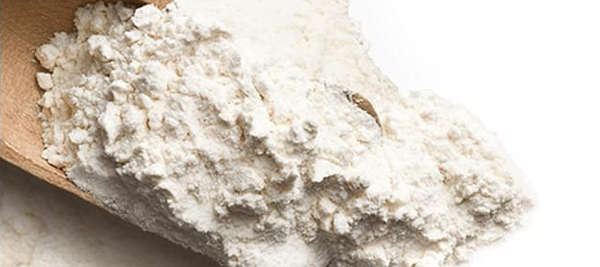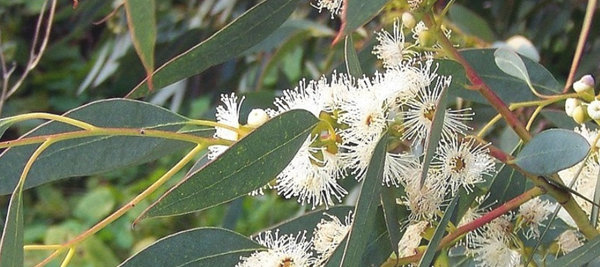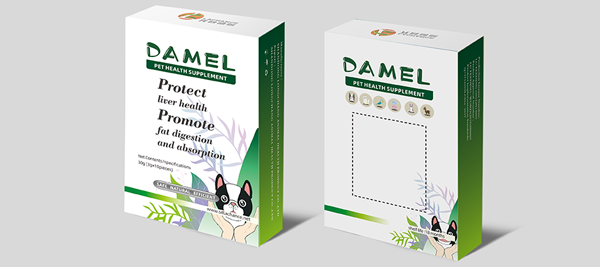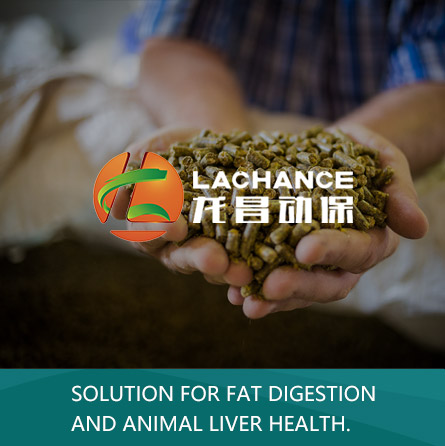Heat Stress of Broilers With Preventive Measures
With the rapid development of intensive chicken farming, there are more and more environmental stress factors. Heat stress refers to a series of non-specific immune responses exhibited by the body when the ambient temperature is higher than the poultry's own thermoregulatory ability.

To understand heat stress in broilers, start with what causes heat stress. First of all, the suitable temperature for broiler growth is 15.6-21.1 °C. When the ambient temperature exceeds 28 °C, the broiler begins to open its mouth to breathe, and the water intake increases significantly. Above 30 ℃, the chicken body temperature rises with the increase of the ambient temperature, and if it exceeds 38 ℃, there is a risk of death. Moreover, broilers grow fast, have strong metabolism, high body temperature, abundant feathers on the body surface, no sweat glands on the skin, and rely on breathing and evaporation to dissipate heat, so it is relatively difficult to dissipate metabolic heat in broilers. In addition, high stocking density, high humidity, poor ventilation, unbalanced feeding nutrition, and too strong light can aggravate the heat stress response of broilers.
When you find that broilers rest in the shade for a long time, the water intake increases significantly, the mental state becomes significantly worse, the breathing rate increases, the cockscomb, beard and conjunctiva turn blue-purple or lose their blood color, and the mortality rate of the chickens also increases, then maybe your broiler has heat stress.
Heat stress can cause great harm to broilers. Studies have found that heat stress significantly reduced average daily gain, daily feed intake and average body weight of broilers aged 8-35 days, and significantly increased FCR and mortality of broilers. Chicken quality also decreased, fat deposition increased, abdominal fat percentage increased significantly, and broiler carcass quality, pectoralis muscle mass, and half evisceration rate also decreased. At the same time, immune organs also appear atrophy and tissue microarchitecture is damaged, and the thymus and spleen indices are significantly reduced.
After understanding the harm caused by heat stress, the following aspects teach you how to prevent heat stress in broilers:
1. Reduce the ambient temperature of the chicken house
Strengthen ventilation; use wet curtains and spray to cool down; consider cooling from the site selection, layout, peripheral greening and decoration of the chicken house.
2. Adjust the nutritional level of the diet
Studies have found that low-protein, high-energy diets can improve the viability and growth rate of broilers under heat stress. And minerals such as calcium and phosphorus and multi-dimensional complexes also need to be supplemented to improve the immune function of heat-stressed broilers and relieve high-temperature heat stress of broilers.
3. Strengthen feeding management
Reduce stocking density to improve air circulation and provide adequate drinking water. When the temperature is high, the light time should be reduced or intermittent light should be used to avoid group transfer, house change, beak cutting, immunization, etc.
4. Add bile acids to the diet
Bile acids can improve the digestion and absorption of fat, thereby promoting the use of more energy for growth in broilers, improving feed intake and insufficient energy intake caused by heat stress, thereby improving production performance and carcass quality. Innate immune genes in the small intestine can also be activated by bile acids to regulate gut microbes. Moreover, under heat stress, bile acids can maintain the homeostasis of sugar and fat metabolism in broilers by activating FXR and increasing the body's blood glucose and insulin resistance. Bile acids can also reduce oxidative stress in broilers to mitigate the effects of heat stress on flocks.
In short, during the breeding process, the main reasons for the occurrence of heat stress in the farm should be fully understood and combined with the use of feed additives to improve the heat stress resistance of chickens and achieve the ideal heat stress resistance effect.










